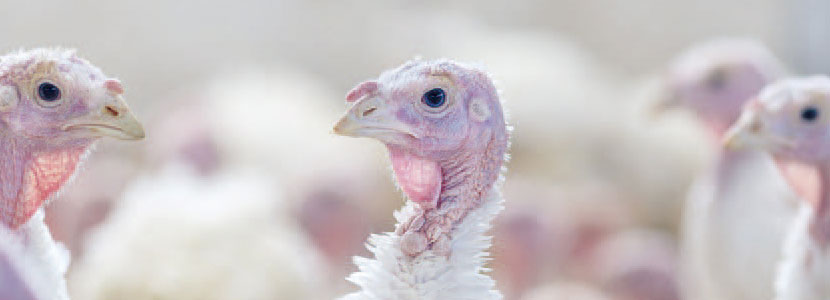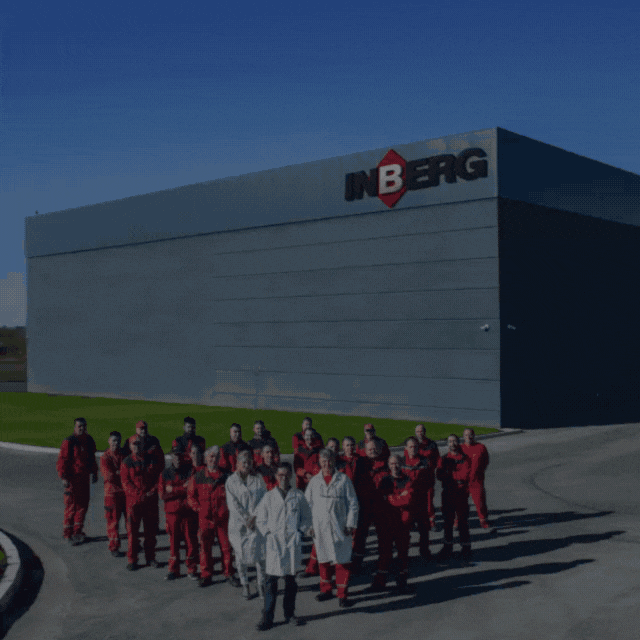Content available at: Español (Spanish)
The new administration requirements in regards to drug use (specifically antibiotics) is not so new to veterinarians, field technicians and others involved in livestock. It is no less true that due to the possible antibiotic resistance generated in animals destined for human consumption, we must ethically and morally work in the best possible way to produce the maximum number of animals with the least use of this type of drug.
Despite having developed my work for 7 years with swine, I will shift my focus here on turkey production. In my other 7 years of experience involving turkeys, I realized they’re akin to feathered pigs rather than very fat chickens. Cycles of similar duration, productive phases and transformation rates, but quite different physiology. Their rearing is approximately 30 days, and for those not in the know, afterwards they must face another 90 days of growing.
The cycle therefore lasts 120 days. Four long and wonderful months in which all those involved want and wish that our animals DON’T GET SICK. But unfortunately, any animal in unfavorable conditions or simply facing a pathogen risk is bound to get sick, so their consequent suffering must be mitigated and eradicated.
The intensive production system in poultry houses with higher density per square meter, the optimization of fixed costs per kg of meat produced, the genetic selection to increase average daily gain, etc…force us to equip our houses with the best possible technology in CO2 detection, ammonia, underfloor heating, computers, etc. All this is great for animal welfare but does not replace the greatest existing tool in livestock farming which is the care provided by the farmers. From now on we will call it HANDLING.
We have spent our whole lives interpreting animal behavior: from lameness to “slanted” animals, bad plumage, hyperthermia, pecking, etc. diagnosing with the tools that were at hand in the field: SYMPTOMS AND NECROPSIES. The new situation leads us to diagnose based on sampling and antibiogram results. There is a loss in speed and agility in diagnosis, but in theory there is a gain in the selection of the most effective molecule and more information will be obtained to avoid future resistances.
What can mislead us is that rarely does a single pathogen appear alone in the processes; rather it is the appearance of secondary complicating agents that unite and cause the disease in the animals.
The isolations carried out revealed a “battle” of bacteria such as::
- Enterobacter aerogenes, cloacae
- Enterococcus aerogenes, avium, faecium
- Citrobacter freundiiresen
- Staphylococos xilous, aureus and spp.
- E.coli
- Klebsiella as tie
- Klebsiella spp
- Salmonella spp
- Proteus mirabilis, Proteus penneri
- Serratia
- Pseudomonas
- Shigella
Past use of some antibiotics in certain moments of production by the attending veterinarian resulted in, apart from solving the specific pathology, the decline of many other pathogens present in the houses. From this moment of change in the use of molecules, the prevalence of many of the bacteria mentioned above will inevitably increase, changing the pathophysiologies in our farms, so we must be prepared to observe changes in the SYMPTOMS AND NECROPSIES.
Keep up to date with our newsletters
Receive the magazine for free in digital version
REGISTRATION
ACCESS
YOUR ACCOUNT
LOGIN
Lost your password?











